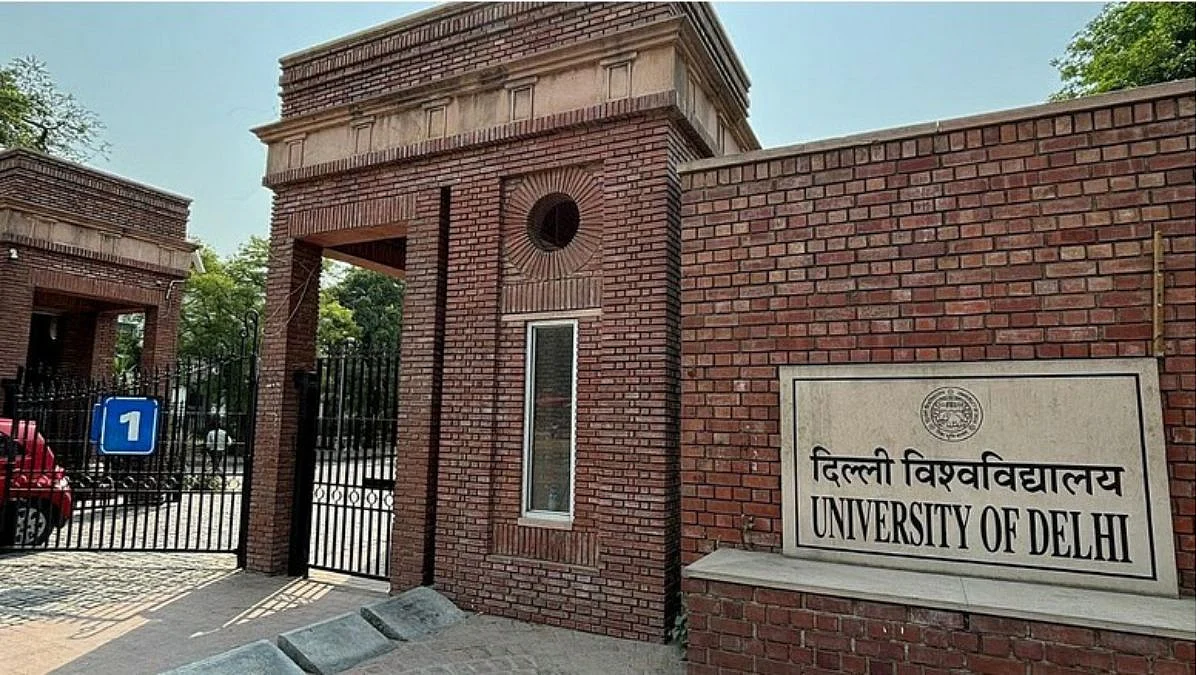From Harry Truman looking for economists who did not depend on “the other hand” to Thomas Carlyle calling it a “dismal science” and Keynes’ preference to being “vaguely right than precisely wrong”, Economics has ever remained an area of obfuscation – no less confounded by the quip about seven opinions among six economists. Though essentially it is the analysis of the production, distribution, and consumption of wealth, one has yet to come across a universally acceptable definition. In addition, there is the debate over Economics as a “positive” science (i.e. objective, fact-based, descriptive of what is, relying largely on laissez-faire as espoused by Adam Smith etc) or a “normative” one (subjective and value-based, descriptive of what ought to be, and therefore calling for governmental regulation, endorsed by JCL Simonde de Sismonde followed by Marx and Keynes).
So it is not surprising to find the book under review attempting to define “Social Economy”. In the Preface it helps to understand the harsh realities of neo-colonialism and its consequences, including the abuse of labour while the Introduction says it is a study of the dynamics of socio-economic parameters in a traditionally fragmented society; Chapter 2 says it is concerned about the conservation of common properties for future generations; and [considers] economic development as a process through which both quantitative and qualitative factors … keep on influencing policies of a country. The Epilogue states that it deeply scrutinizes the philosophy, social institutions and dichotomous nature of theory and practice in India to understand the contradictions in our development projects. “Social Economics” is concerned about the shared interests of human beings for balanced development. Perhaps the reader could get some idea of the subject but one marvels at the ease with which “Economics” mingles so comfortably in this book with “Economy”.
The book, the author says, tries to address alternatives to understanding social-beings subjected to the tyranny of discrimination which restricts their freedom. Another declared quest is whether “the narratives … of individual victims describe the reality in India”. (They rarely do – in any society, in any age). The author poses two more questions (1) appropriateness of social economics to study of Indian conditions – (why such a doubt should arise, is not explained) and (2) how the family as a strong institution reinforces or debilitates the existing situation. Having “addressed” these four areas, the answers thereto are not easily apparent in the book.
The Preface contains an interesting disclaimer though: this is only a preliminary upshot, he says, brought out with an idea to get feedback from readers … and the book “is planned to address the socio-economic issues generally relegated as super structure disputes with a bearing on the base”. The number of issues “addressed” can thus be seen to cover a wide spectrum. “I know,” he continues, “the strength and weaknesses of some of my notions …, I feel that it should be placed before the public in whatever way possible …” there are several occasions when the reader hopes that the Publishers had engaged a language editor – but one cannot dwell on these aspects. The author also laments the fact that no one seems to have evaluated Ambedkar, Lohia, Nehru and Schumacher who substantially contributed to social economics in India – while “mainstream economists have failed to address the typical problems of caste”. Out of 17 million jobs in the public sphere, he says in the Introduction, reservation is limited to 2.27 million, which, being just 1.36% of the SC population of 200 million, is not “even unguent cream”. Is a case being made out for more “reservations”?
Social Economy Of Development In India
Author: K.S. Chalam
Publisher: Sage
Pages: 390; Price: Rs 995
Chapter 2 says that social economics is considered a more relevant approach in an economy like India that was forced to accept liberalization for socio-political reasons in 1991 rather than the economic justification given by some experts. Then, after dealing with gun culture and the “intellectual decadence or design that seems to have entered the policy making machinery”, he finds it necessary to interrogate (?) to what extent this has liberated our traditional orthodoxy; moving into Corruption, Black Money, and Crony Capitalism in India (which he says, came in with the East India Company). The chapter ends with the affirmation that today we have a model that considers and benefits a chosen few with born patronage. The burgeoning middle-class that has struggled upwards post-1991 and is the new face of India is apparently with “born patronage”.
The chapter on Agriculture touches upon the future of food security and the Green Revolution among several other areas. In a chapter on the Social Implications of Political Process he goes into areas like Gujarat Model of Development (expected?), Judiciary and the Constitution, Corruption and the Civil Service, and “Could a Muslim be Secularist”? The chapter on Caste Prejudices and Human Dignity covers Sexual Assaults in Delhi – Past and Present. In the Epilogue he observes that the idea of justice as practised by the Commission was confined to economic parameters … concluding the book with the observation that Social Economics “craves for the withering away of cruelty to fellow humans”. Perhaps it is the “craving” that limits its scope?










